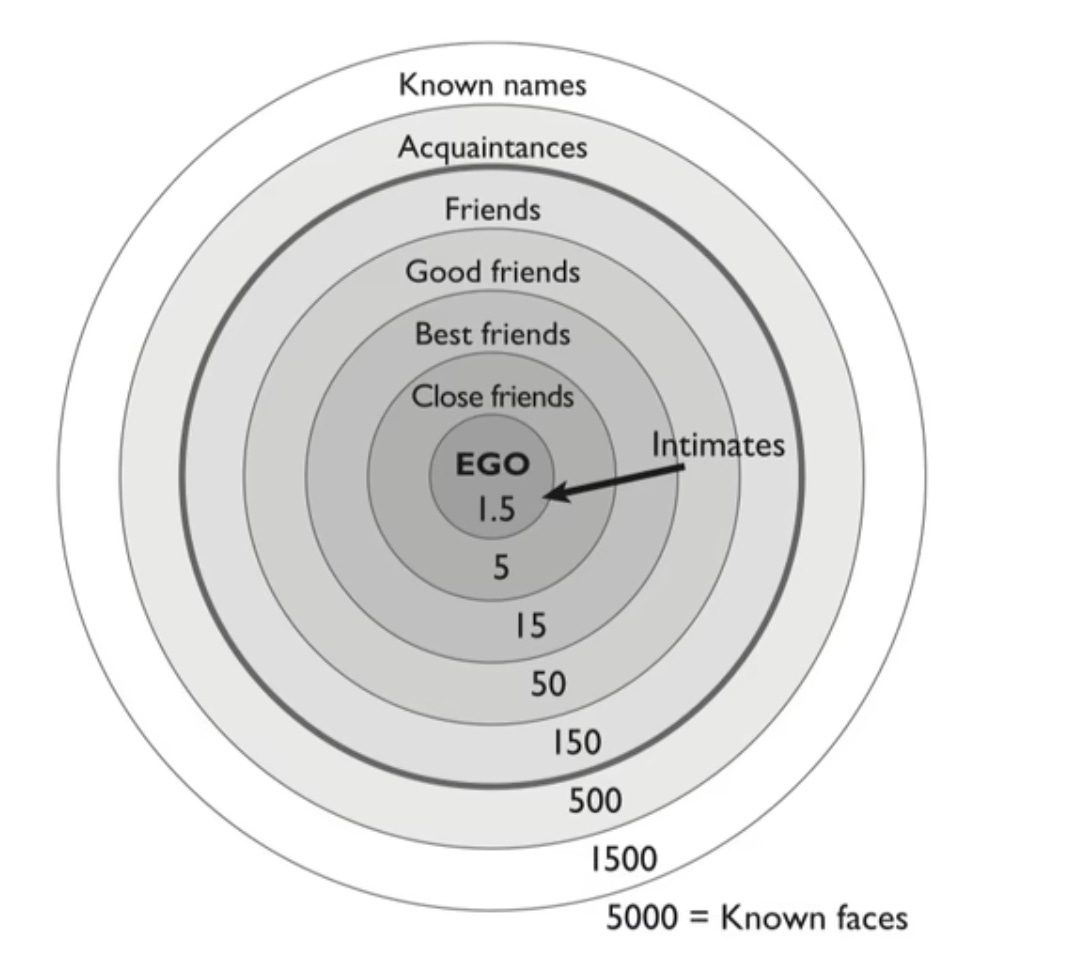#12 - How to navigate the end of a friendship
and why frhosting (ghosting but for friends) is actually, acceptable.
When I started this newsletter, I was very preoccupied with it being helpful to the reader. I hoped to inspire, inform, and entertain. Then I remembered, I am not the BBC (that’s literally their mission statement). I set out to write about friendship because there were things I wanted to change about it.
One aspect I often find delicate is the ending.
It's well known that relationships generally die either by slowly fading away or in a loud bang. We tend to associate the ‘loud bang’ with romantic relationships rather than friendship. Making noise when a friendship ends is weird. Friendship actually just fizzles out, just like an old soda bottle. It fades away because we don’t see the person often enough to maintain emotional intimacy and because nobody does anything about it. The latter is what I want to talk about.
Is it acceptable or even preferable to let it fade away?
My first instinct is to say it isn’t. To put things into context, I have recently been frhosted (a word I came up with by the way) and it took a while before I even noticed. She wasn’t one of my best friends. In Dunbar’s circle of friendship, she probably was somewhere in between a good friend and a friend. But she was dangerously at risk of becoming an acquaintance, which I wanted to avoid. When I asked my close friends for advice, they promptly told me to ‘let it go’. And under no circumstances should I send a message. So I didn’t reach out. But it didn’t feel right. It felt like, just as I kept repeating we should ‘have rules for friendship’ and ‘if they don’t exist, let’s create them’, there I was continuing the same exact pattern.
If you’re unfamiliar with Dunbar’s Circle of Friendship, it refers to a sociological concept introduced by anthropologist Robin Dunbar. It represents the layers of relationships people are able to typically maintain, based on their emotional closeness and time investment. These layers are the results of surveys and elaborated mathematical formulations. They reflect the limits of human social cognition and the time available to nurture relationships.
The first time I saw the Circle of Friendship, I was surprised by the many grey areas. To me, you are either a best friend or a known face. I only have a few close friends. Learning that there were layers was a revelation.
Robin Dunbar, who wrote Friends, a hefty academic work on friendship, is mostly known for the ‘Dunbar Number,’ which is the limit on the number of friends one can have (150). I am still currently going through his book and would recommend it to anyone interested in friendship from the academic perspective.
One thing I found interesting in the book was the Christmas card experiment (timely!). I learned that, at least in Britain, sending Christmas cards to old friends was an actual exercise in maintaining friendships. Thinking about who you’d send a card to, what you’d say to them, the type of card they’d appreciate and just generally knowing their physical address turned out to be quite the work. According to Dunbar, being included on a Christmas-card list was thus a marker of a genuinely meaningful friendship, which I agree with.
Unsurprisingly, friendships tend to end for three main reasons: lack of caring, poor communication, and jealousy. Apart from drifting away these are the main causes of friendship breakdowns, according to Dunbar’s survey. The issue with friendship fizzling it out, is that it takes time to show. Or at least it did for me. I am not a needy friend. I am self-sufficient, independent and I respect boundaries. So when somebody doesn’t reply to a message or says they are unavailable, that rarely fazes me. I move on to something else. It took a while to realise that every time I was asking to meet, she was unavailable.
We’re all guilty of frhosting.
While I initially thought it was not good to frhost a friend (trying to use this new word in different ways), I now think it is, in fact, the best course of action. I’ve come to the conclusion that at least it doesn’t feel personal. It’s just how life moves. Air, light, time, and space, as Bukowski would say. Not everyone can be or should be a close friend; you won’t be everyone’s close friend either. And that’s ok.





